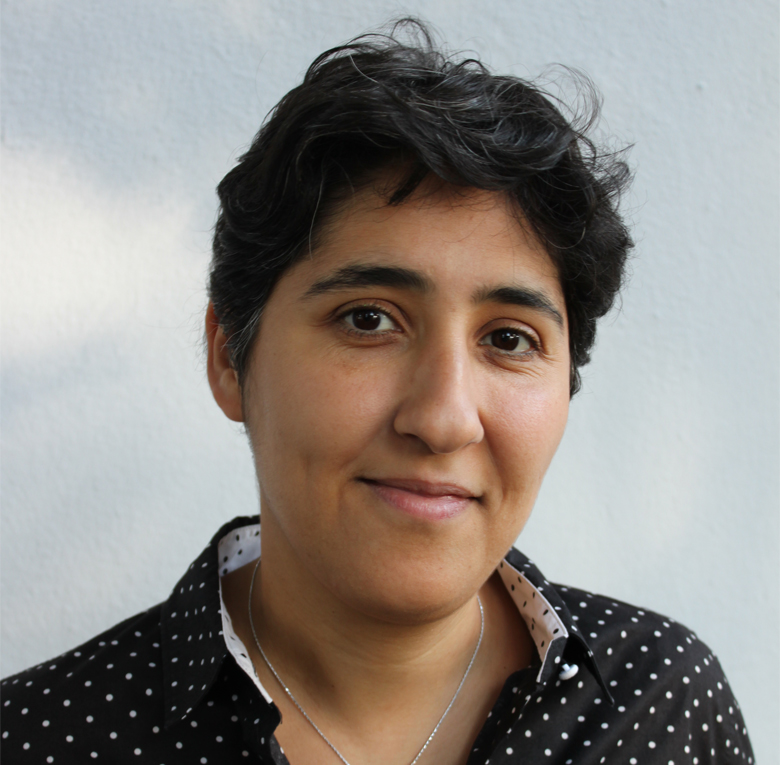Forscherdatenbank

Dr. Hind Medyouf
Paul-Ehrlich-Straße 42
60596 Frankfurt
Programme
Exploitation of Oncogenic Mechanisms (EOM)
Molecularly Targeted Therapy (MTT)
Übersicht
Dr. Hind Medyouf studied biology and biochemistry at the university Paris VII, France. As a PhD at the Institute Curie in France, she identified the pro-oncogenic effects of the calcineurin/NFAT signaling in the pathogenesis of T-cell acute lymphoblastic leukemia. Dr. Medyouf subsequently trained as an HFSP postdoctoral fellow at the Terry Fox Laboratory where she continued working on deregulated signaling pathways in T-ALL (Vancouver, Canada) before joining the team of Andreas Trumpp as an EMBO postdoctoral fellow at the German Cancer Research Centre (DKFZ, Heidelberg, Germany). In the Trumpp's lab, Dr. Medyouf focused on exploring the fundamental biological properties of hematopoietic stem cells and used this knowledge to gain novel insight on the mechanisms underlying the pathogenesis of myelodysplastic syndromes (MDS), with a particular emphasis on the role of the bone marrow microenvironment. Since 2014, Dr. Medyouf is a DKTK faculty member, leading an ERC supported research group at the Institute for Tumor Biology and Experimental Therapy and the Frankfurt Cancer Institute (Frankfurt, Germany). Her current research is focused on exploring the role of the tumor microenvironment in leukemia and solid cancer metastasis. In particular, the group is investigating the complex cellular interactions and molecular mechanisms by which tumor cells co-opt their surrounding stroma to promote immune escape and therapeutic resistance.
DKTK Junior Group Leader for Cancer Systems Biology
Single-cell approaches have not only revealed a wide variety of cell states, characterized by cells exhibiting striking differences in their transcriptional profile, but have also illuminated the mechanisms underlying state transitions in health and disease. Cellular plasticity and adaptive state changes have recently emerged as a basis for therapeutic resistance in cancer, and a better understanding of how cell state transitions are regulated is critical to develop therapeutic approaches that can overcome therapy resistance.
Our research focuses on understanding the mechanisms driving non-genetic cellular heterogeneity and therapy resistance in malignancy. Using novel single-cell sequencing approaches, we seek to develop new experimental and computational strategies to define altered cell states in both, cancer and immune cells. Our aim is to leverage a data driven strategy combined with single cell genomics and systems biology to address the challenges posed by heterogeneity in cancer, and to develop new strategies to overcome it, with the aim of translating laboratory-based findings into the clinic.